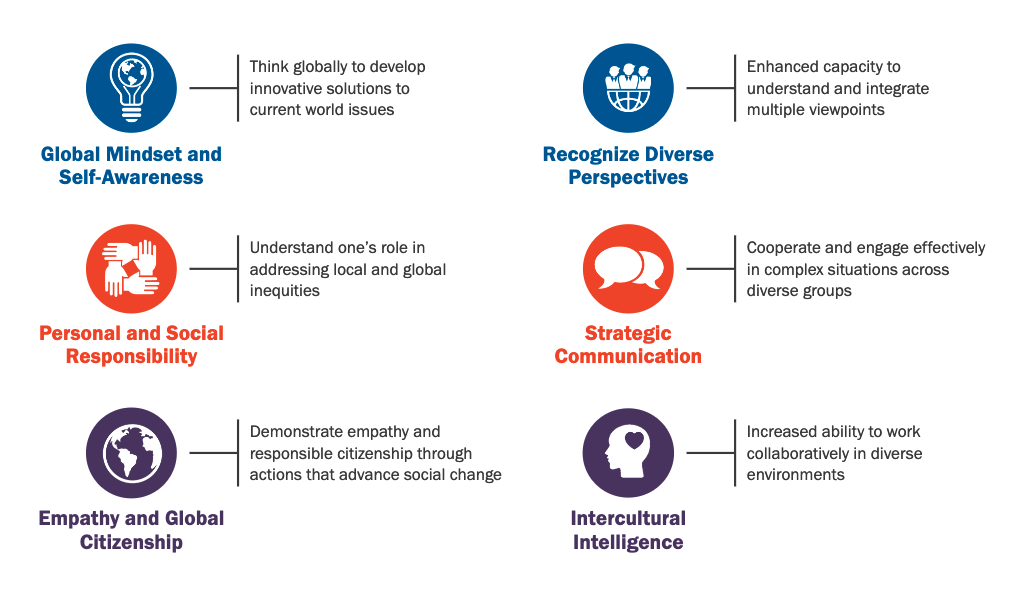Your program curriculum is designed to ensure graduates acquire the essential skills, knowledge, and attitudes appropriate and relevant to both the needs of students and employers.
Program Vocational Learning Outcomes
Program vocational learning outcomes describe what graduates of the program have demonstrated they can do with the knowledge and skills they have achieved during their studies. The outcomes are closely tied to the needs of the workplace. Through assessment (e.g., assignments and tests), students verify their ability to reliably perform these outcomes before graduating.
The program vocational learning outcomes for this program are
- Provide fundamental culinary preparation and presentation for a variety of food service environments using a range of classical and contemporary techniques.
- Apply basic food and bake science to food preparation to create the desired end product.
- Contribute to and monitor adherence of others to the provision of a well-maintained kitchen environment and to the service of food and beverage products that are free from harmful bacteria or other contaminants, adhering to health, safety, sanitation and food handling regulations.
- Ensure the safe operation of the kitchen and all aspects of food preparation to promote healthy work spaces and the responsible, efficient use of resources.
- Support the development of menu options that reflect knowledge of nutrition and food ingredients, promote general health and well-being, respond to a range of nutritional needs and preferences and address modifications for special diets, food allergies and intolerances, as required.
- Apply fundamental business principles and recognized industry costing and control practices to food service operations to promote a fiscally responsible operation.
- Apply basic knowledge of sustainability*, ethical and local food sourcing, and food security to food preparation and kitchen management, recognizing the potential impacts on food production, consumer choice and operations within the food service industry.
- Use technology, including contemporary kitchen equipment, for food production and promotion.
- Perform effectively as a member of a food and beverage preparation and service team and contribute to the success of a food-service operation by applying self-management and interpersonal skills.
- Develop strategies for continuous personal and professional learning to ensure currency with and
Essential Employability Skills Outcomes
Essential Employable Skills (EES) are skills that, regardless of a student’s program or discipline, are critical for success in the workplace, in day-to-day living, and for lifelong learning. Graduates will reliably demonstrate abilities in six skill categories:
Global Citizenship and Equity Learning Outcomes
There are six Global Citizenship and Equity (GCE) learning outcomes integrated into Diploma and Advanced Diploma programs as a component of Centennial’s Signature Learning Experience (SLE). The SLE reflects the College’s promise to provide students with a distinctive and inclusive educational experience that builds on a foundation of global citizenship, equity, and social justice. Certificate and Graduate Certificates also include at least two GCE learning outcomes. The GCE learning outcomes are:
- Identify one’s role and responsibilities as a global citizen in personal and professional life.
- Identify beliefs, values and behaviours that form individual and community identities and the basis for respectful relationships.
- Analyze issues of equity at the personal, professional, and global level.
- Analyze the use of the world’s resources to achieve sustainability and equitable distribution at the personal, professional, and global level.
- Identify and challenge unjust practices in local and global systems.
- Support personal and social responsibility initiatives at the local, national, and global level.
Global Citizenship and Equity Portfolio
As a component of the SLE, Diploma and Advanced Diploma program students will complete the Global Citizenship and Equity (GCE) Portfolio. Building the GCE Portfolio is a process of documenting your GCE learning. Each item selected for inclusion in the portfolio demonstrates growth and understanding of Global Citizenship and Equity within your program of study.

Students are encouraged to develop their GCE Portfolio beginning in their first semester. You will add artifacts from coursework and accompanying reflections as well as artifacts arising from co-curricular activities, volunteering, etc. to your portfolio as you progress through the program. You are encouraged to use the ePortfolio tools available on eCentennial, as well as to develop an online professional portfolio presence through LinkedIn and/or other personal websites/blogs.

